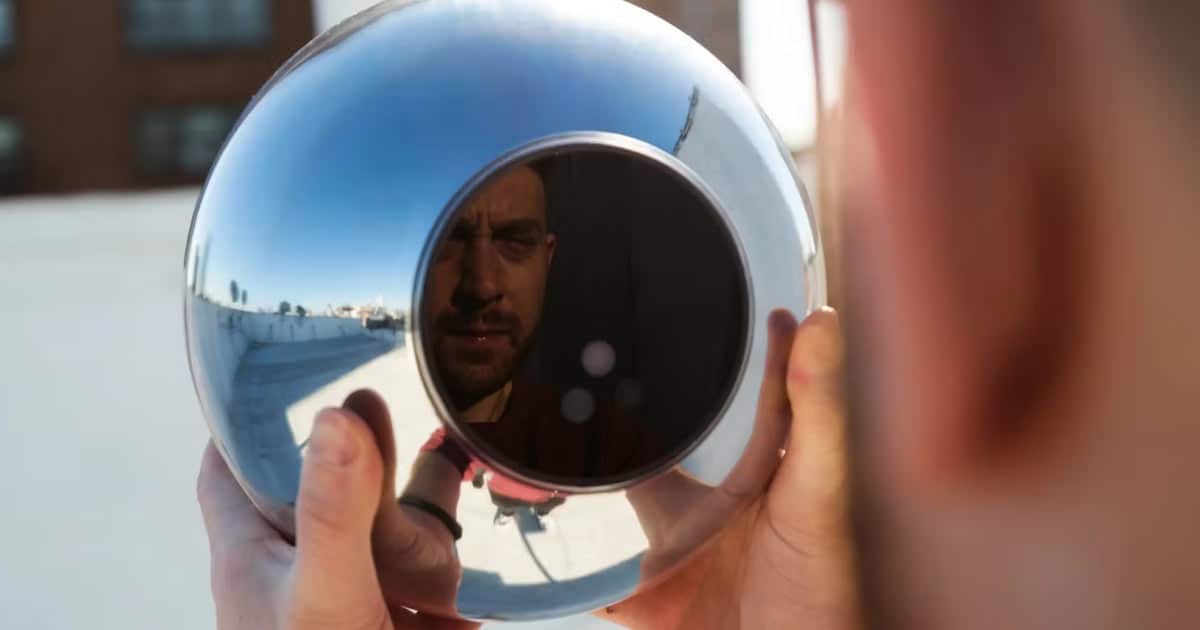A new biometric digital ID program has quietly taken root in six major U.S. cities, raising alarm bells among Americans concerned with personal liberty and digital surveillance.
Under the banner of “fighting AI fraud,” the World ID project, backed by OpenAI’s Sam Altman, is scanning people’s irises in exchange for cryptocurrency—and possibly, their privacy.
The system uses a device called the Orb—a shiny, spherical scanner that captures the unique patterns of your eye.
The goal? To create a digital ID that proves you’re a real human being online.
The project’s developers claim this technology will help protect against bots and fraud.
But critics argue it’s another step toward normalizing mass biometric surveillance in the name of convenience.
The disturbing digital ID project has now been rolled out in six Democrat-controlled cities across the country.
Launched in Atlanta, Austin, Los Angeles, Miami, Nashville, and San Francisco, the program offers $40 worth of cryptocurrency to anyone willing to let their eyes be scanned.
In return, participants receive a “World ID” that can be used to log into various online platforms like Reddit, Telegram, and Shopify.
Proponents say World ID is secure.
They also insist that it’s anonymous.
According to Fox News, the data is stored on a blockchain, not in a centralized database.
But privacy experts are sounding the alarm: once you’ve given up your biometric data, you can’t get it back.
Unlike a password, you can’t reset your iris.
And while developers insist that no actual images are stored, and that the data is fragmented across institutions, some see a familiar pattern—Big Tech promising privacy while quietly amassing power.
There’s also a deeper concern here: Why are Americans being asked to trade pieces of their biological identity for digital convenience? And why now?
Altman’s project has already run into resistance around the world.
Spain, Argentina, Kenya, and Hong Kong have all paused or investigated the system.
Those nations are citing invasive data collection and unclear safeguards.
In Spain, authorities temporarily banned it outright. In Hong Kong, regulators forced it to shut down.
Yet in the U.S., the rollout continues.
Even more unsettling, the project is gaining ground through partnerships with global corporations.
Visa plans to issue a World ID-linked debit card.
Tinder’s parent company, Match Group, is testing the system for age verification in Japan.
The ultimate vision? A worldwide digital ID tied to your body, run not by your government, but by a private company aligned with one of the most powerful figures in artificial intelligence.
It’s worth remembering: Sam Altman, the man promoting this project, is also the CEO of OpenAI.
OpenAI is the company driving the rapid development of AI tools that now threaten to flood the internet with deepfakes and impersonations.
In a twist of irony, the same people pushing the problem are now selling us the solution.
World ID says it plans to deploy 7,500 Orb scanners across the U.S. by the end of 2025.
The company is targeting a user base of 180 million Americans.
Globally, it has already scanned the irises of over 12 million people.
Adrian Ludwig, the project’s Chief Information Security Officer, claims the system’s security measures make it “virtually impossible” to reverse-engineer users’ identities.
However, cybersecurity experts remain unconvinced.
“This isn’t just about fraud prevention,” one noted.
“This is about setting the precedent for how much of yourself you’re willing to hand over to Big Tech.
“And once you start down that path, there’s no easy way back.”
For many Americans—especially those who value privacy, autonomy, and limited centralized power—World ID looks less like a safeguard and more like a Trojan horse.
A shiny device scanning your eyes in exchange for digital tokens may not sound dystopian now, but the infrastructure for tracking and control is being built quietly, efficiently, and with little resistance.
As the line between physical identity and digital control begins to blur, one thing becomes clear: the most dangerous threats to liberty no longer wear a badge—they carry a badge reader.
READ MORE – Bill Gates Demands Digital ID Requirements for Internet Access

Our comment section is restricted to members of the Slay News community only.
To join, create a free account HERE.
If you are already a member, log in HERE.